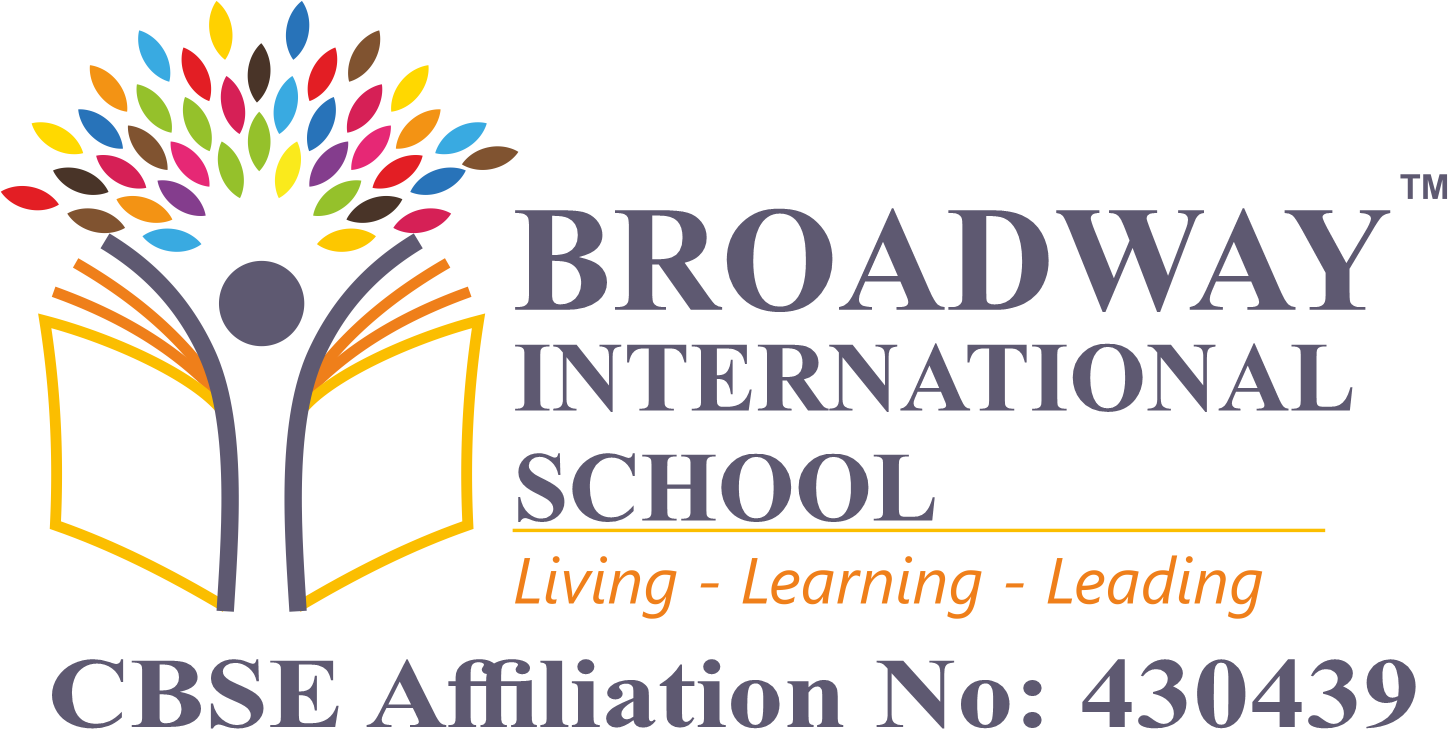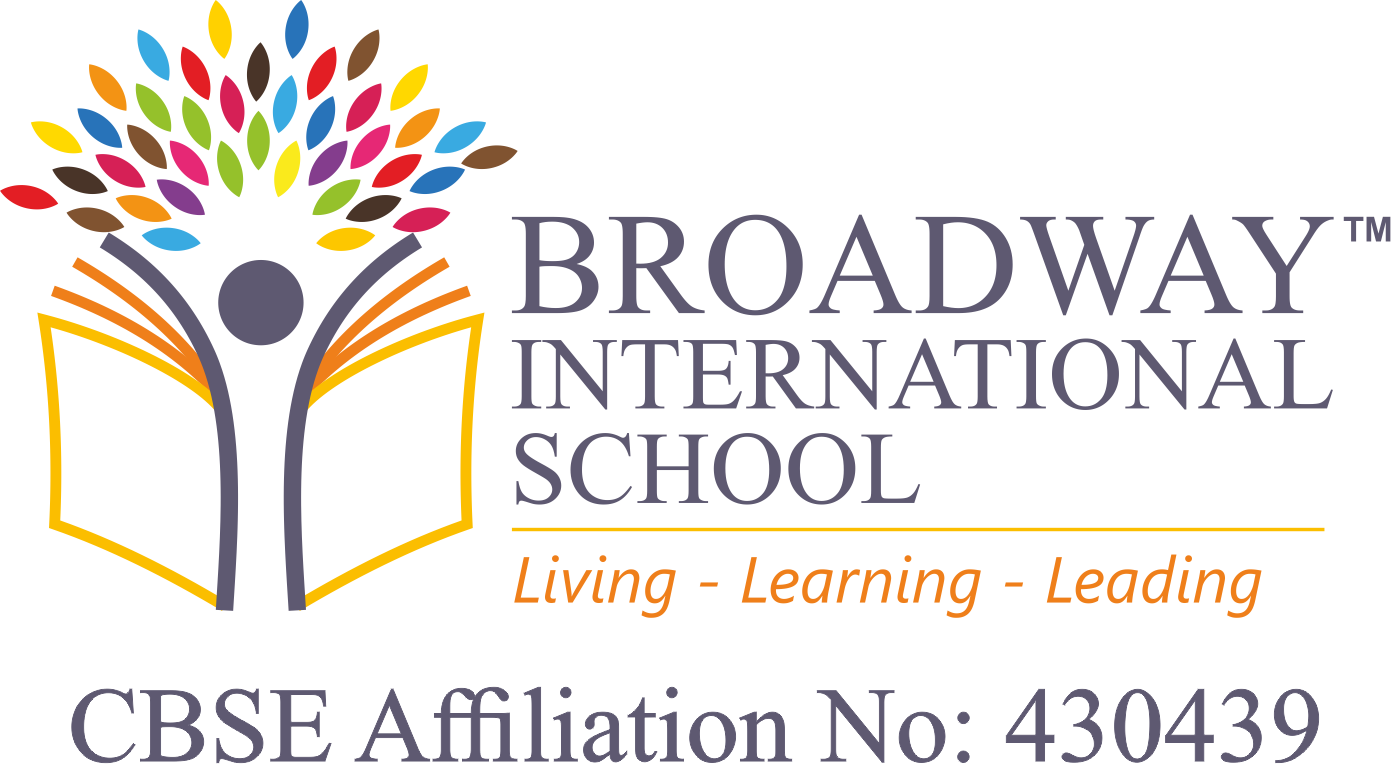
Learnology
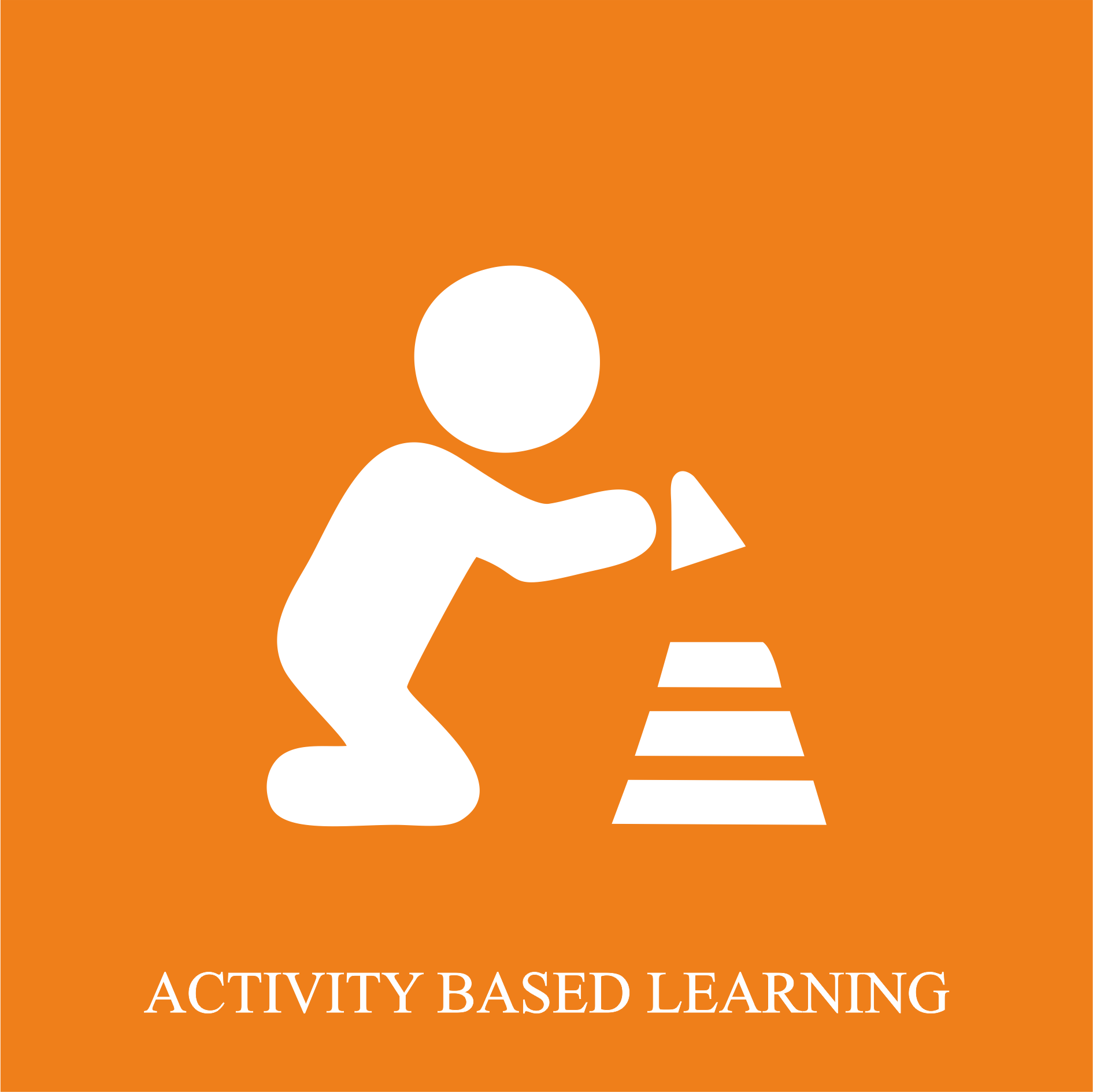
ABL
(Activity Based Learning)
A trail towards dynamic Learning.
An Activity-based learning can successfully be used to improve both learning as well as teaching. Learning cannot happen with just memorization or through booking knowledge. Skills that come out of the ABL kind of learning process, are the application of knowledge to solve real-life problems. The knowledge and skills that students gain through ABL process is one in which they are fully involved in what they are doing.
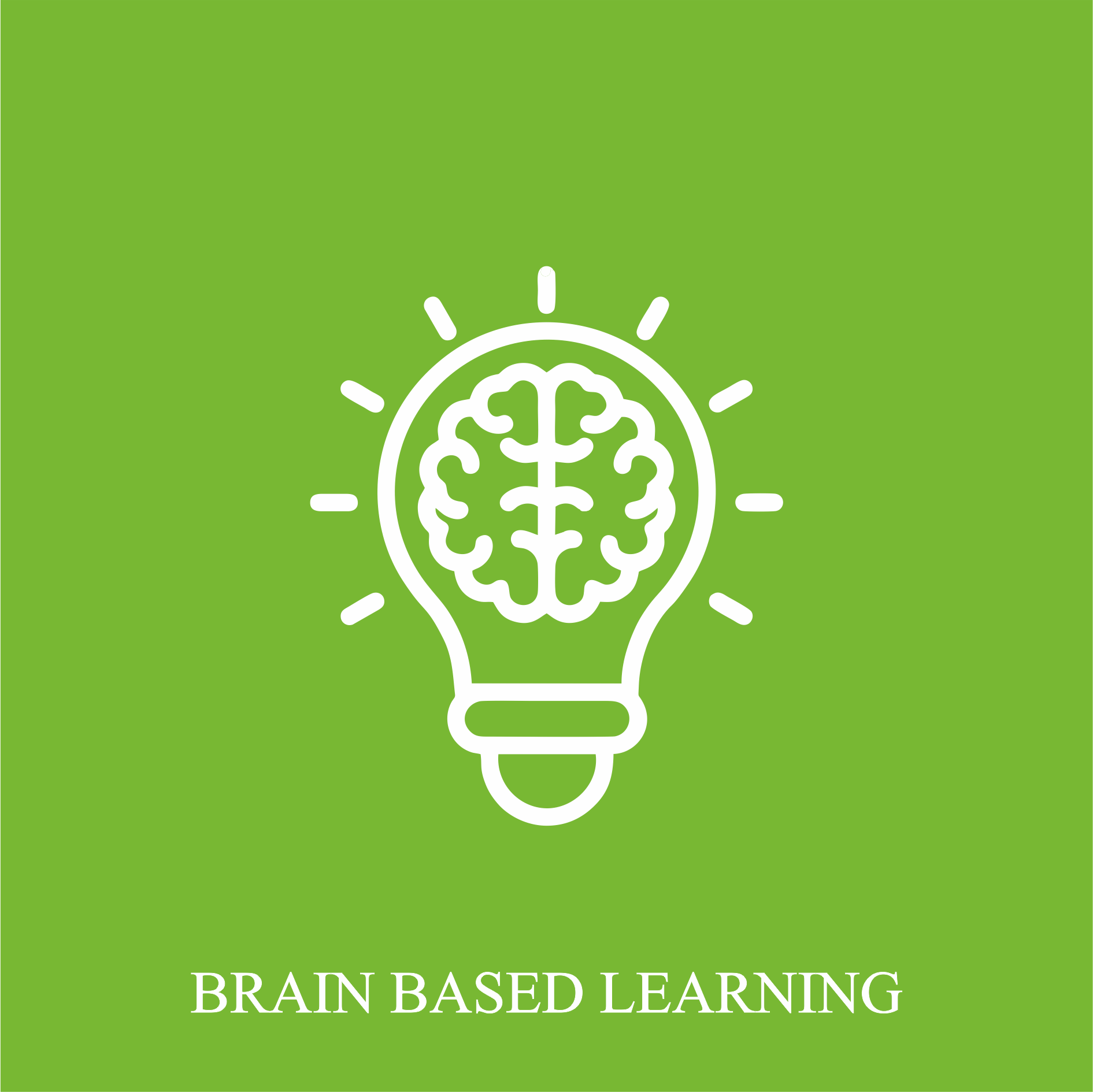
BBL
(Brain Based Learning)
Science of Learning.
Brain is an ultra-advanced Machine. It works wonderfully well, if we know its mechanism. Learning can be accelerated and improved if we focus on science of Learning. Neural connections in the brain change, remap, and reorganize themselves when people learn new concepts, have new experiences, or practice certain skills over time. To take the optimum use of it. Our Educators are constantly incorporates science of learning in teaching-learning processes.
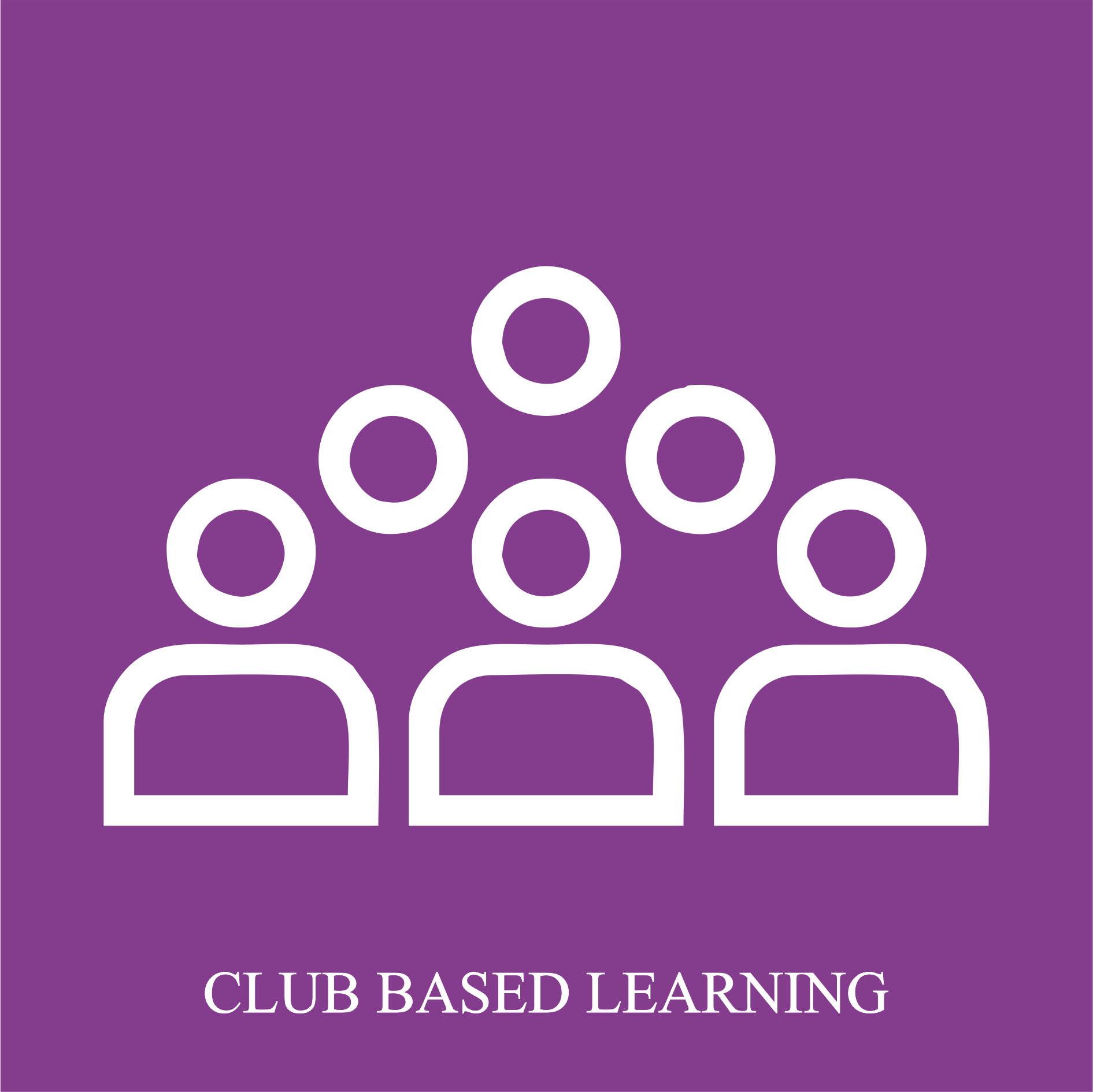
CBL
(Club Based Learning)
Heading towards perfecting skills.
Clubs help kids to connect the community through shared interests, allow students to take on leadership roles, and give them the opportunity to dive into an interest, whether as a club leader or a member. Our educators are continuously observing the kids to enhance their skills to move ahead with.
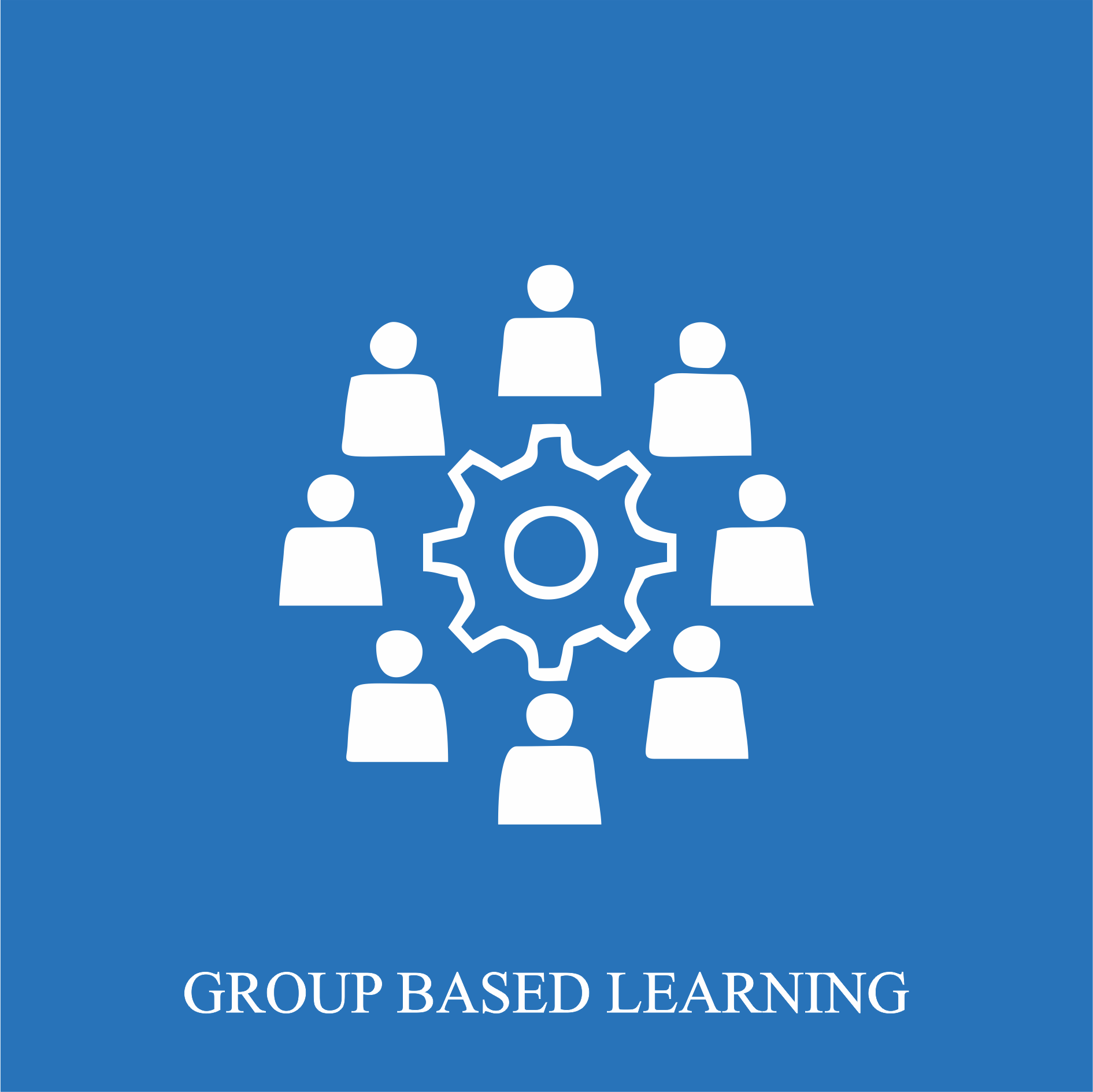
GBL
(Group Based Learning)
Individually we can only think but with group, we can BRAINSTORM.
An instructional approach that provides greater autonomy and responsibility for learning. Integrating large and small group learning and working in teams into teaching – learning provides students with the opportunities to develop essential collaborative learning and communication skills.
GBL encourages students in tackling more complex problems than they could on their own, delegate roles and responsibilities, share diverse perspectives, Pool knowledge and skills, receive social support and encouragement to take risks, develop new approaches to resolving differences.
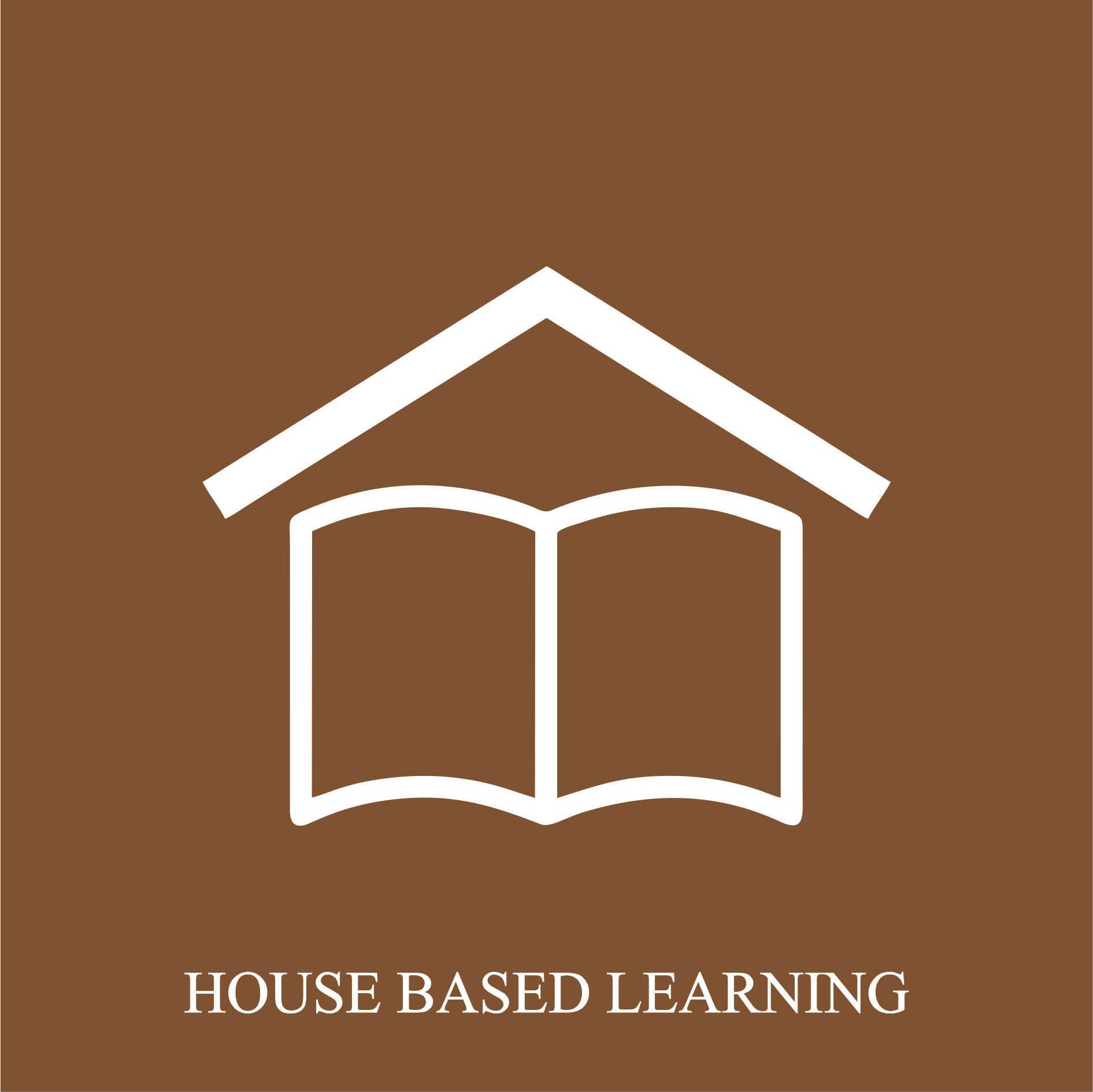
HBL
(House Based Learning)
Opportunity to perform.
Learning/Skill isn’t a skill if we don’t have the courage to perform. Our educators train kids for competitions where they can perform with ease and create healthier atmosphere and can show their sportsmanship wherever they go. They also focus on participation rather than winning.
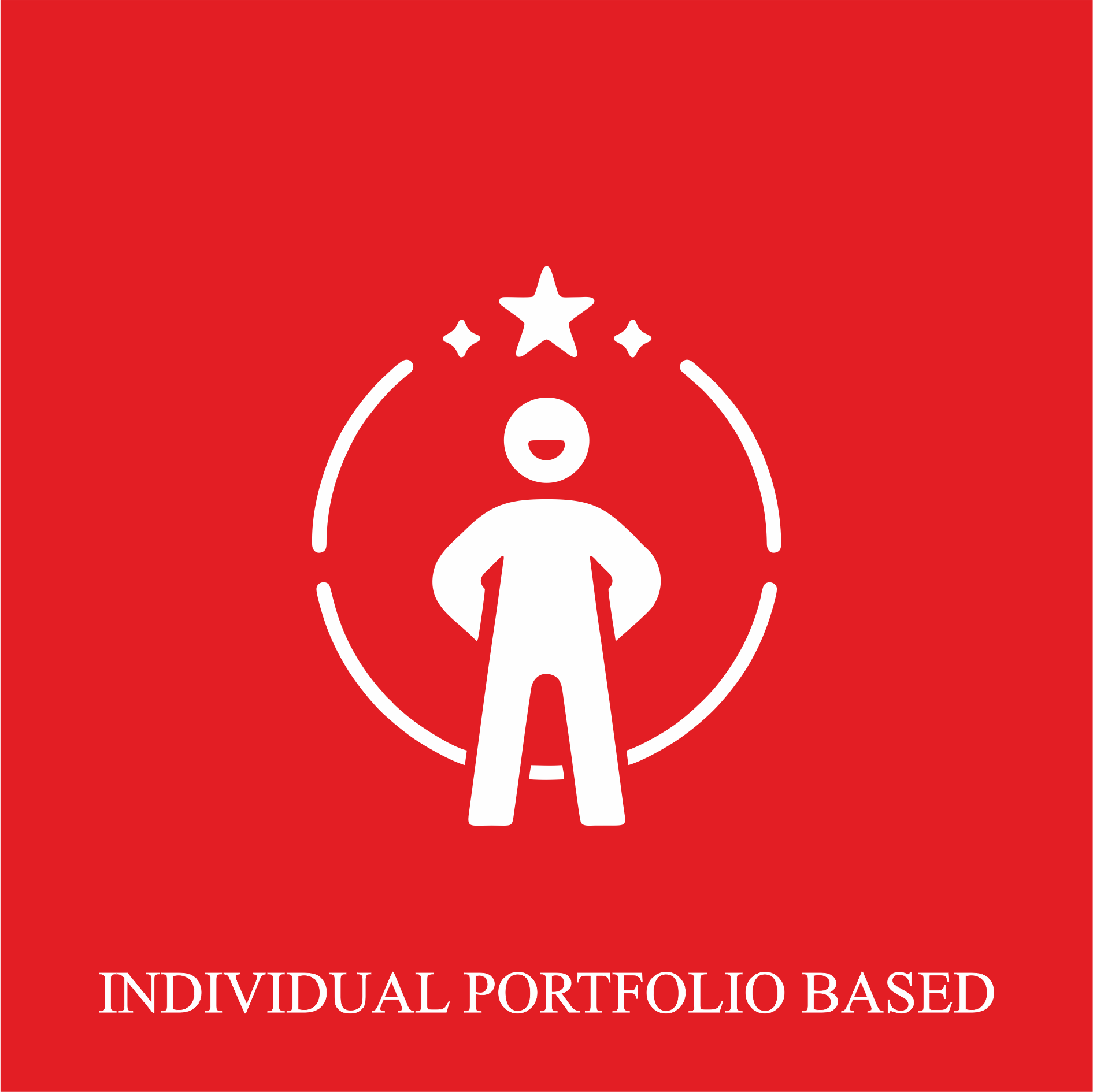
IPL
(Individual Portfolio Based Learning)
Every Individual Matters. Progress of each individual must be the core focus of any education.
Each individual is an encyclopaedia. It is very important to know and to grow their abilities, their attitudes, their attribute and their aspirations. To record their various details and to discuss that with their growth partners is determining task for their future developmental path. Continuous observations and regular interactions with each student is one of the fundamental practice in school for progress of each individual.
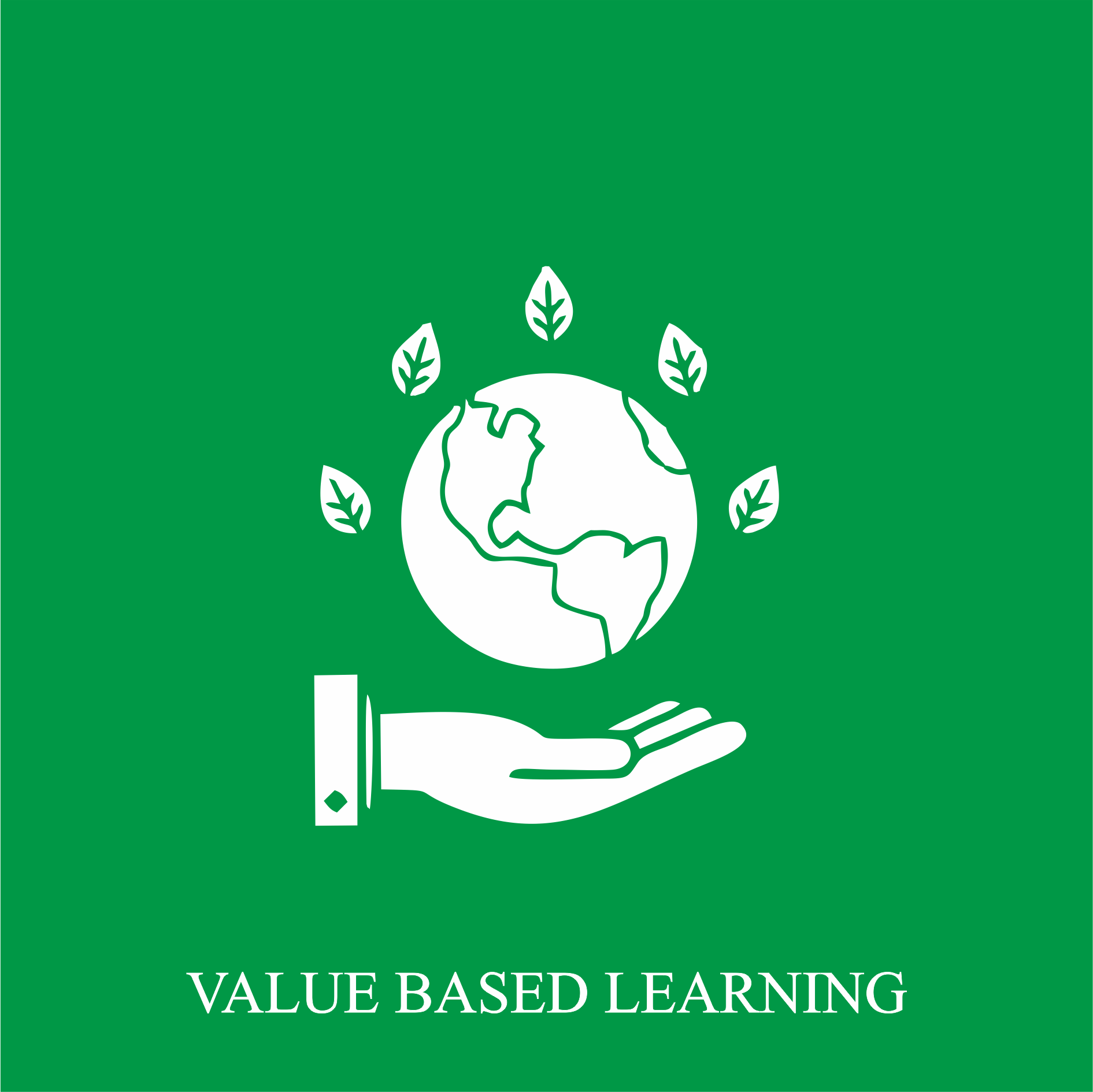
VBL
(Value Based Learning)
Education – An approach to teaching that works with values.
VBL makes learning more meaningful and convincing. It creates a strong learning environment that enhances academic achievement and sense of value additions in their learning. It developspersonal and social skills that last throughout their lives. The positive learning environment is achieved through the positive values modelled by our educators throughout the school. It quickly liberates educators and learners from the stress of confrontational relationships, which frees up substantial teaching and learning time.
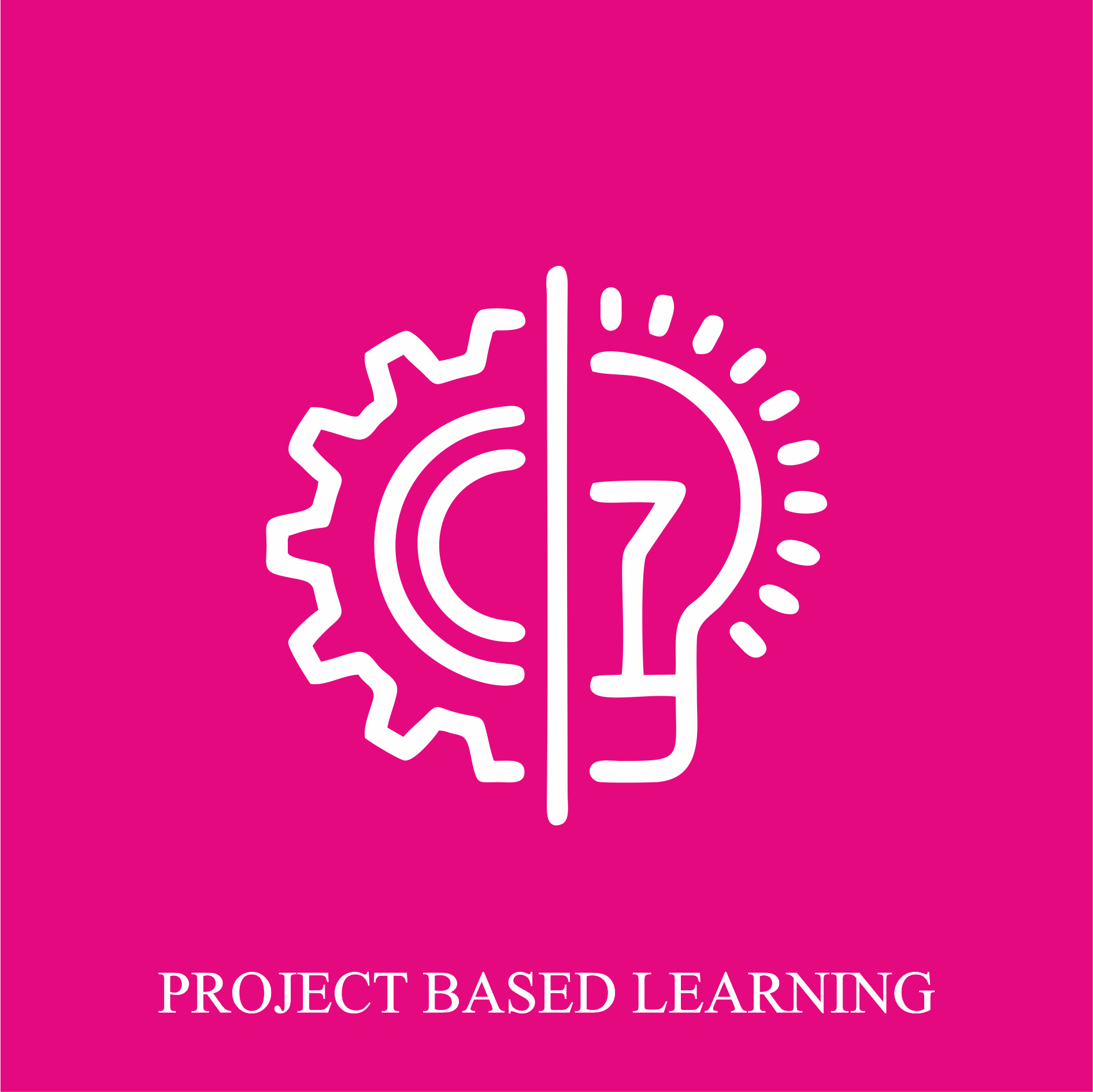
PBL
(Project Based Learning)
Well-designed learning Project is like ‘SUPERMARKET’ of learning multiple skills.
Project-based learning is a dynamic classroom approach in which learners actively explore real-world problems, challenges and acquire a deeper knowledge. When projects begin with a compelling question that learner’s investigate over time, curiosity can spark the drive to read. When science, reading, and math come together in rigorous hands-on projects, student collaboration, engagement, and achievement can soar. Our learners are consistently under guidance of our experienced educators between the launch of a project-based learning unit and the final presentation, as an essential bridge for learner’s success.

RBL
(Research Based Learning)
Thinking out of the box.
Research based learning enhances personal growth and facilitates learning. Research also helps to understand the subject with their principles in easier and better way which will encounter more questions in their mind, making them curious to learn more.
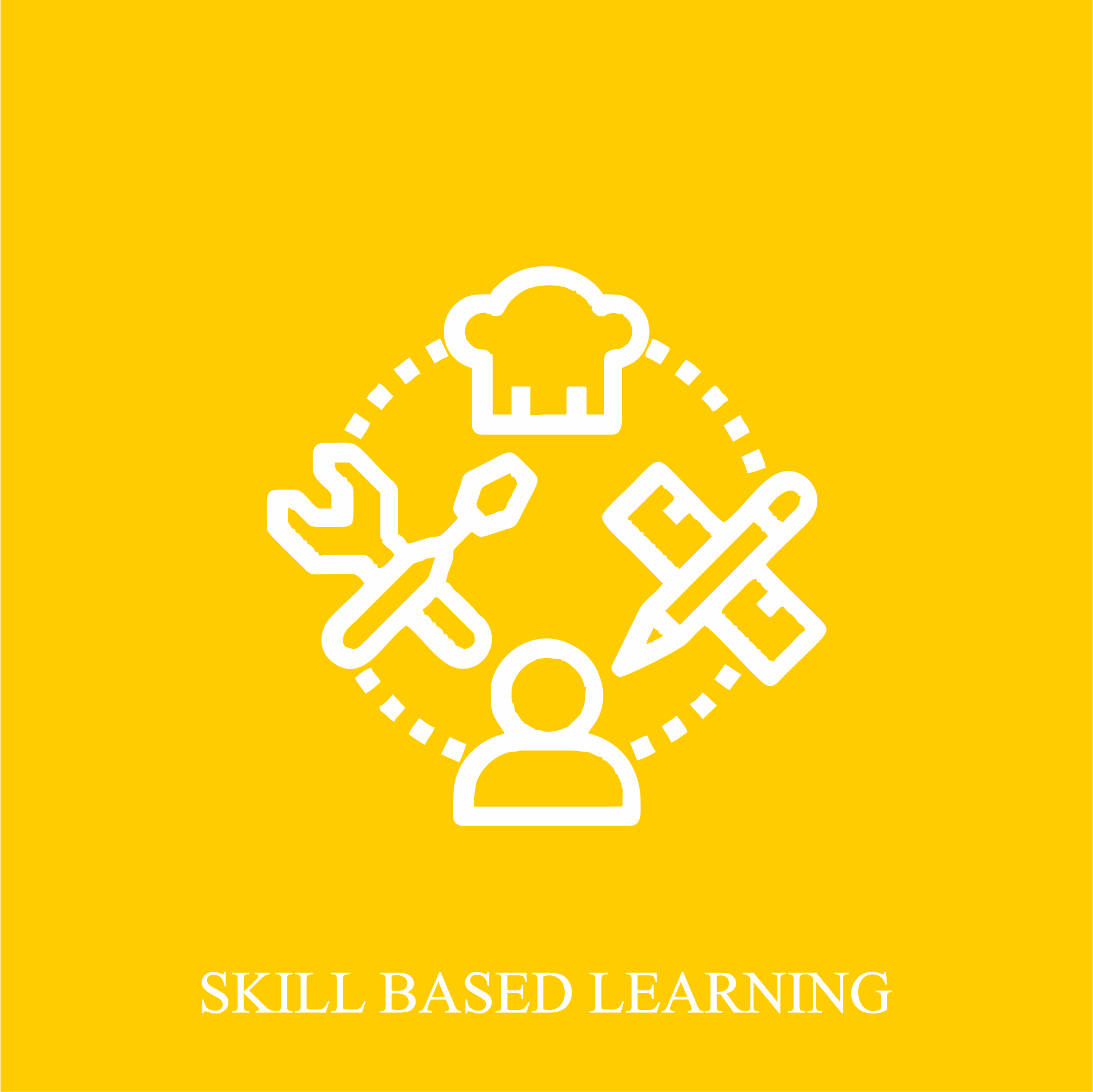
SBL
(Skill Based Learning)
Skill Converts knowledge into Actions and Actions into Results
The focus of our educator is to connect to specific important skills with their study topics. 21st Century is the century of fundamental and advanced skills. SBL is about analysing, planning and implementing those specific skills. Students are motivated to think logically, analyse concepts and apply their insights. The idea behind this innovative and most in-demand learning method is to develop learners into independent thinkers and prepare them for the challenges in the future. SBL Sparks creativity, develops critical thinking, enhances collaborative problem solving, builds effective written and oral communication, Hones leadership among students leading to intellectual development in them.
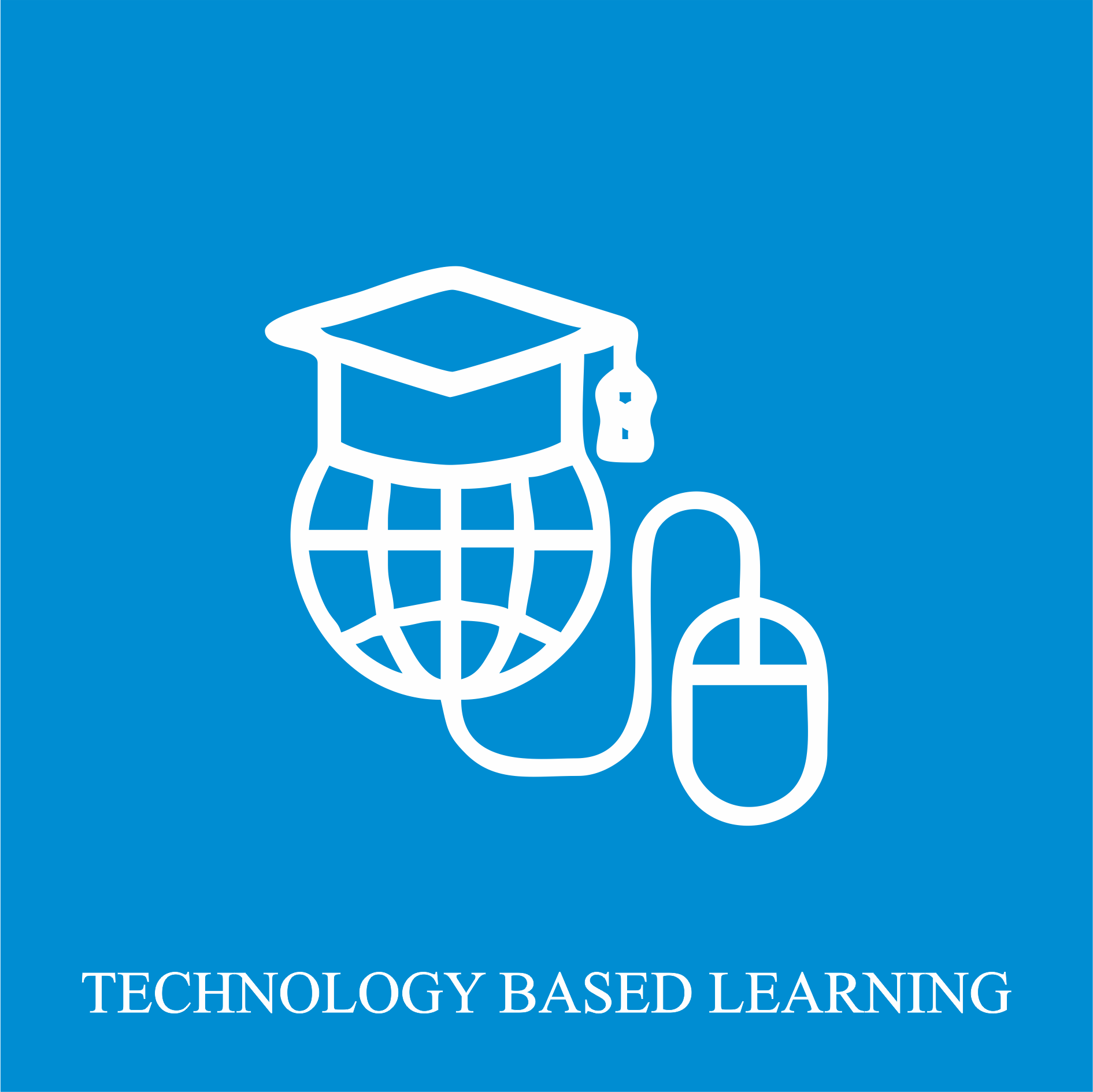
TBL
(Technology Based Learning)
A good teacher and a good technology can transform teaching
Within the educational realm, Our educators are embracing new technological tools and using them within their teaching practice. These tools help contribute to new learning approaches and learning preferences.
TBL allows learners and educators to become better equipped for the emerging, interconnected, and technologically-influenced world around us.
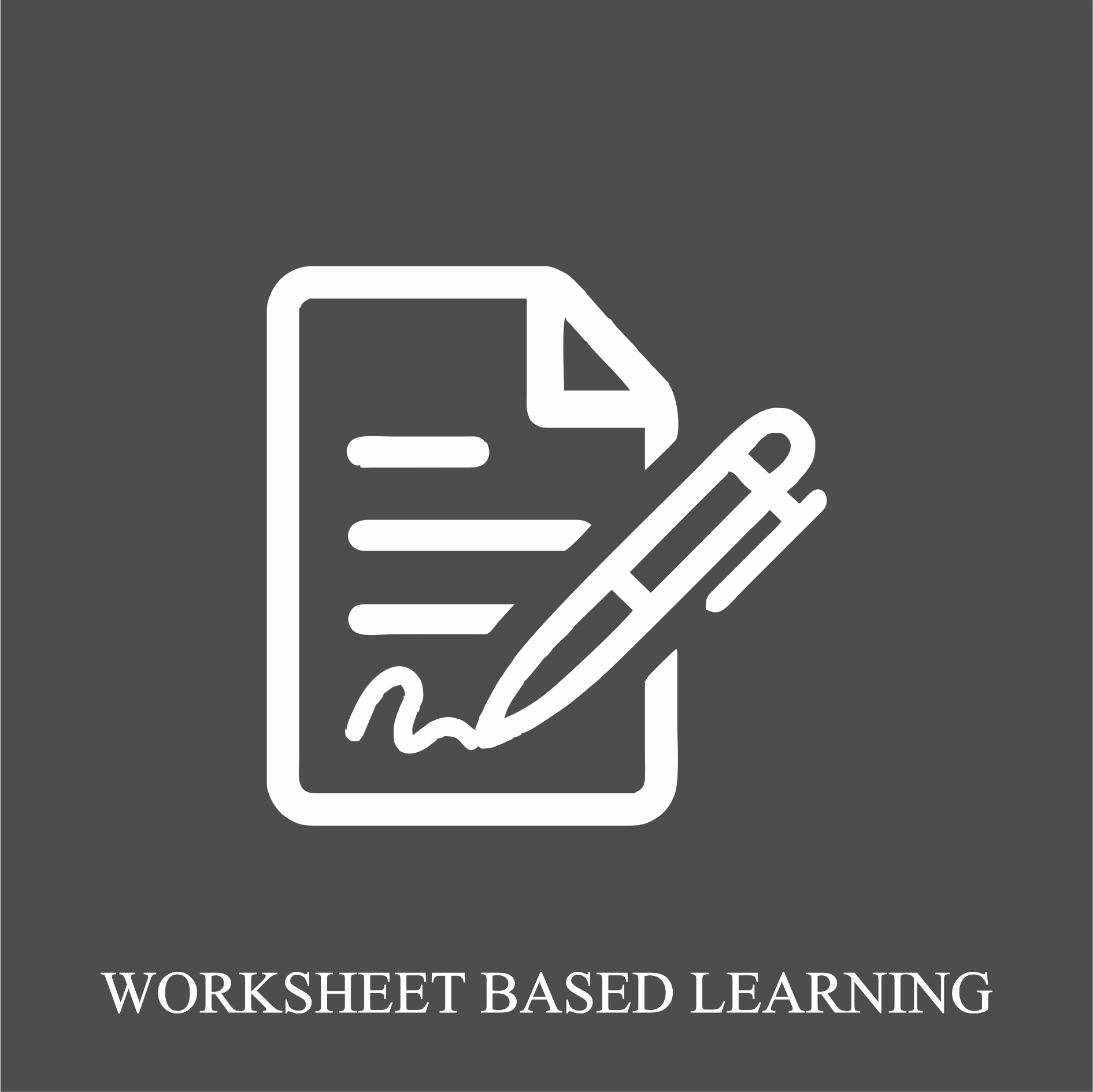
WBL
(Worksheet Based Learning)
Practice to Progress.
Worksheet based learning moves towards furnishing the topic and develops expertise. Worksheets are for practicing which means taking actions to keep the skills and knowledge up to date and seeking to improve the capabilities across the range of tasks. Practice doesn’t mean a child will be perfect, it means they are progressing.
